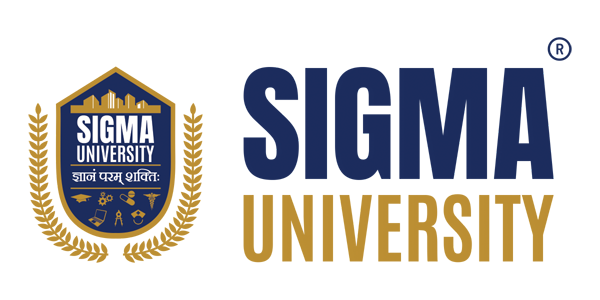B. Tech in Engineering
Engineering Excellence, Future Ready!

About The Program
Build your future at one of the best B. Tech colleges in Gujarat have career-driven programs and top-tier placements.
Are you ready to turn your passion for innovation and technology into a successful career? Sigma University in Vadodara offers one of the most comprehensive and future-ready B.Tech courses in Gujarat. With strong industry integration, an advanced curriculum, and dedicated career support, our engineering and technology degrees are designed to empower students from India and around the world to succeed in the global job market.
Why Sigma University is One of the Best B.Tech Colleges in Vadodara
Recognized University Institute of Technology in Gujarat
Sigma University in Vadodara is a distinguished institution offering Bachelor of Technology (B.Tech) courses across various engineering disciplines. The university is recognized for its commitment to academic excellence and innovation in engineering education.
AICTE & UGC Approved B.Tech Courses
All B. Tech courses at Sigma University are approved by the All India Council for Technical Education (AICTE) and the University Grants Commission (UGC), ensuring adherence to
high academic standards and industry relevance.
Hands-On Learning with Industry Collaboration
Sigma University emphasizes practical learning through collaborations with industry leaders. Students gain exposure to real-world applications, enhancing their skills and employability.
Explore Our B.Tech Engineering Courses & Specializations
Sigma University offers a diverse range of B.Tech specializations courses to cater to various interests and industry demands:
- B.Tech in Computer Science Engineering (CSE)
- B.Tech in Information Technology (IT)
- B.Tech in Mechanical Engineering
- B.Tech in Civil Engineering
- B.Tech in Electrical Engineering
- B.Tech in Chemical Engineering
- B.Tech in Electronics & Communication Engineering
- B.Tech in Artificial Intelligence & Data Science
- B.Tech in Cyber Security
Learn programming, software development, AI, and machine learning. This specialization prepares you for roles in software engineering, data science, cybersecurity, and other related fields.
Focus on networking, databases, system security, and cloud technologies. IT graduates find opportunities in systems administration, DevOps, and IT infrastructure management.
Explore the world of design, manufacturing, thermodynamics, and robotics. Mechanical engineers are in high demand in the automotive, aerospace, and heavy industries.
Plan, design, and execute infrastructure projects, such as roads, bridges, and buildings. With rapid urbanization, civil engineers are in high demand across India and abroad.
Study circuit theory, power systems, control systems, and electrical machines. Electrical engineers find roles in power generation, manufacturing, and automation.
Learn chemical processes, fluid mechanics, and safety protocols. This stream leads to careers in pharmaceuticals, petrochemicals, and environmental engineering.
B.Tech in Electronics & Communication Engineering
Get trained in embedded systems, signal processing, and communication technologies. Graduates often work in telecom, electronics design, and hardware development.
B.Tech in Electronics & Communication Engineering
Four-Year Full-Time Bachelor in Technology Degree
Our B.Tech course is a full-time, four-year undergraduate course divided into eight semesters. It is designed to provide a balanced mix of theoretical knowledge and practical exposure.
Semester-Wise Subject Breakdown
Each semester includes a combination of core engineering subjects, domain-specific papers, and skill-based labs. Students also learn soft skills and communication techniques to prepare for professional environments.
Core & Elective B.Tech Course Subjects
Students study foundational courses in mathematics, physics, and basic engineering before diving into specialized topics. Electives allow students to tailor their education to their interests in AI, IoT, sustainability, or smart systems.
Final Year Projects, Internships & Capstone Work
In the final year, students work on industry projects or research-based capstone projects. Internships are encouraged to give students direct exposure to workplace expectations and operations.
B.Tech Admission Process & Eligibility Criteria
Who Can Apply? (Eligibility After 12th & Lateral Entry)
Candidates must have completed 10+2 with Physics, Chemistry, and Mathematics as compulsory subjects. Diploma holders in engineering can apply for direct second-year admission (lateral entry).
B.Tech Admission Process in Gujarat (ACPC)
Admissions are conducted through the Admission Committee for Professional Courses (ACPC) in Gujarat. Eligible students must register through the ACPC portal, attend counselling, and choose Sigma University as their preferred institute.
Direct Admission for Diploma Holders – D2D Route
Diploma engineering graduates can apply for the Direct Second Year (D2D) route. Sigma University welcomes diploma students who wish to upgrade to a degree and expand their career scope.
How to Apply Online at Sigma University
Students can apply online through Sigma University’s official website. Complete the application form, upload the required documents, and pay the application fee. Our helpline is available to assist with any queries.
B.Tech Course Fees & Scholarships at Sigma University
Annual B.Tech Fees in Private Colleges
Sigma University offers competitive tuition fees for its B.Tech courses. Annual fees vary by stream but remain affordable compared to other private colleges in India.
Stream-Wise Fee Structure for B.Tech Courses
Exact fees depend on the chosen specialization. For a detailed fee breakdown, students are encouraged to contact the admissions office or visit the university website.
Merit-Based Scholarships & Reserved Category Benefits
Deserving students can apply for merit-based scholarships. Sigma also offers fee concessions for reserved categories (SC/, T/, BC) as per government norms.
Flexible Payment Plans & Financial Aid
We understand financial challenges and offer easy payment options and financial aid to help students complete their education without interruption.
Top Placement Opportunities After B.Tech Engineering
Leading Companies Hiring B.Tech Graduates
Our graduates are hired by top recruiters such as TCS, Infosys, L&T, Reliance, Siemens, Wipro, Adani, and others. With a growing industry network, Sigma ensures maximum placement support.
Highest Salary Packages from Sigma’s B.Tech Course
Top-performing students receive job offers with attractive salary packages. Depending on the stream and role, salary packages range from ₹4 lakh per annum (LPA) to ₹12 LPA and above.
Dedicated Career Services & Placement Cell
Sigma University’s Career Services Cell provides resume building, interview preparation, soft skills training, and direct company connections to maximize placement outcomes.
Campus Life, Facilities & Student Experience
Smart Classrooms, Tech Labs & Innovation Centers
Our modern campus is equipped with smart classrooms, high-tech labs, CAD/CAM centres, and innovation hubs. These facilities foster a practical learning environment.
Hostel Accommodation & Student Clubs
Sigma University offers safe and comfortable hostel accommodation for students from other states and countries. Various student clubs encourage participation in tech, culture, and social activities.
Hackathons, Cultural Fests & Industry Seminars
Students actively participate in technical festivals, national-level hackathons, industry guest lectures, and cultural programs that build confidence and creativity.
Alumni Success Stories from Sigma University’s B.Tech Course
Top Job Roles: Software Engineer, Data Analyst, Mechanical Design Engineer
Our alumni have secured roles in top MNCs as software developers, cloud architects, mechanical design engineers, and project managers. Many have launched successful startups or pursued higher studies.
Success Stories from Vadodara to Global Careers
From small towns in Gujarat and Bihar to tech hubs like Bengaluru and Pune, and even abroad in Germany and Canada, our B.Tech graduates have made their mark across various industries.
If you are looking to pursue a Bachelor of Technology degree from a university that prioritizes academic excellence, industry exposure, and student growth, look no further than
Sigma University. Our B.Tech courses are designed to shape innovators, problem-solvers, and future leaders in engineering and technology.
Ready to shape your future in engineering? Contact us today to begin your journey with Sigma University.
Bachelor of Technology FAQs
What is the eligibility for B.Tech admission after 12th?
Students must have completed 10+2 (Science stream) with a focus on Physics, Chemistry, and Mathematics. They should also have qualified in relevant entrance examinations such as GUJCET or JEE Main. Sigma University also offers direct admission under a management quota based on merit.
How much is the B.Tech course fee at Sigma University?
The annual B.Tech fee at Sigma University varies by specialization but is designed to remain affordable for students across India and Africa. Scholarships and flexible payment options further reduce the financial burden. For a detailed fee structure, contact the admissions office or visit the official website.
What are the popular B.Tech specializations courses offered?
Sigma University offers specializations in Computer Science Engineering, Information Technology, Mechanical Engineering, Civil Engineering, Electrical Engineering, Chemical Engineering, and Electronics & Communication Engineering. Each stream is designed with an industry-relevant curriculum and practical training modules.
How do I apply for B.Tech at Sigma University?
To apply for B.Tech at Sigma University, visit the official website and complete the online application. You can also apply through the ACPC Gujarat for centralized admission. Diploma holders can apply for lateral entry directly into the second year of the program.
Can I get lateral entry into the 2nd year of B.Tech?
Yes, graduates with a diploma in engineering can join B.Tech through the Direct Second Year (D2D) lateral entry program at Sigma University. Applicants must meet eligibility criteria and apply through the prescribed D2D admission process.
Which companies recruit B.Tech students from Sigma University?
Leading national and international companies recruit B.Tech graduates from Sigma University across various domains. Prominent recruiters include TCS, Infosys, L&T, Wipro, Tech Mahindra, Byju’s, and Reliance Industries. The university’s strong industry linkages and dedicated placement cell ensure students get access to internships, live projects, and full-time job opportunities in the core and IT sectors.
Is Sigma University approved by AICTE/UGC for B.Tech courses?
Yes, Sigma University is approved by the All India Council for Technical Education (AICTE) and recognized by the University Grants Commission (UGC). These accreditations ensure that the B.Tech courses meet national standards of quality, curriculum relevance, and academic excellence. Students receive a credible and industry-recognized degree upon completing the course successfully.
Sigma University
AICTE, New Delhi & UGC, New Delhi
04 Years
• Candidate shall have passed Higher Secondary Examination (Grade 12) or equivalent stage of education
• Diploma Engineering holder will be eligible for admission in Semester-III of B.Tech Program will be considered as D2D admission
As per the directives of Admission Committee. Usually from May to October every year.
Visit: https://admissions.sigmauniversity.ac.in/
Call: +91 7567176000
July 2024
Faculty of Engineering & Technology (Sigma Institute of Engineering), Sigma University Vadodara.
10: 00 am to 05:00 pm
Sigma University
AICTE, New Delhi & UGC, New Delhi
04 Years
• Candidate shall have passed Higher Secondary Examination (Grade 12) or equivalent stage of education
• Diploma Engineering holder will be eligible for admission in Semester-III of B.Tech Program will be considered as D2D admission
As per the directives of Admission Committee. Usually from May to October every year.
Visit: https://admissions.sigmauniversity.ac.in/
Call: +91 7567176000
July 2024
Faculty of Engineering & Technology (Sigma Institute of Engineering), Sigma University Vadodara.
10: 00 am to 05:00 pm
Sigma University
AICTE, New Delhi & UGC, New Delhi
04 Years
• Candidate shall have passed Higher Secondary Examination (Grade 12) or equivalent stage of education
• Diploma Engineering holder will be eligible for admission in Semester-III of B.Tech Program will be considered as D2D admission
As per the directives of Admission Committee. Usually from May to October every year.
Visit: https://admissions.sigmauniversity.ac.in/
Call: +91 7567176000
July 2024
Faculty of Engineering & Technology (Sigma Institute of Engineering), Sigma University Vadodara.
10: 00 am to 05:00 pm
Sigma University
AICTE, New Delhi & UGC, New Delhi
04 Years
Candidate shall have passed Higher Secondary Examination (Grade 12) or equivalent stage of education
OR
Diploma Engineering holder will be eligible for admission in Semester-III of B.Tech Program will be considered as D2D admission
As per the directives of Admission Committee. Usually from May to October every year.
Visit: https://admissions.sigmauniversity.ac.in/
Call: +91 7567176000
July 2024
Faculty of Engineering & Technology (Sigma Institute of Engineering), Sigma University Vadodara.
10: 00 am to 05:00 pm
Sigma University
AICTE, New Delhi & UGC, New Delhi
04 Years
Candidate shall have passed HSC examination with subjects Basic Mathematics / Standard Mathematics, Physics, Chemistry.
OR
Std: 10+ Three years Diploma course from govt. recognized University
As per the directives of Admission Committee. Usually from May to October every year.
Visit: https://admissions.sigmauniversity.ac.in/
Call: +91 7567176000
July 2024
Faculty of Engineering & Technology (Sigma Institute of Engineering), Sigma University Vadodara.
10: 00 am to 05:00 pm
Sigma University
AICTE, New Delhi & UGC, New Delhi
04 Years
• Candidate shall have passed Higher Secondary Examination (Grade 12) or equivalent stage of education
• Diploma Engineering holder will be eligible for admission in Semester-III of B.Tech Program will be considered as D2D admission
As per the directives of Admission Committee. Usually from May to October every year.
Visit: https://admissions.sigmauniversity.ac.in/
Call: +91 7567176000
July 2024
Faculty of Engineering & Technology (Sigma Institute of Engineering), Sigma University Vadodara.
10: 00 am to 05:00 pm
Sigma University
AICTE, New Delhi & UGC, New Delhi
04 Years
The student seeking admission in the 1st Year of B. Tech. Program leading to get a Bachelor of Technology (B. Tech) shall have passed the Senior Secondary School Certificate Exam or Higher Secondary (Grade 12) Exam obtained after successful completion of Grade 12 or equivalent stage of education from time to time.
The student holding Diploma in Engineering from any State Technical Examination Board or Recognized University or any Recognized Examinations – considered equivalent by the SIGMA UNIVERSITY, will be eligible for admission in Semester-III of B. Tech. Program
As per the directives of Admission Committee. Usually from May to October every year.
Visit: https://admissions.sigmauniversity.ac.in/
Call: +91 7567176000
July 2024
Sigma Institute of Engineering, Sigma University Vadodara.
10: 00 am to 05:00 pm
Sigma University
AICTE, New Delhi & UGC, New Delhi
04 Years
• Candidate shall have passed Higher Secondary Examination (Grade 12) or equivalent stage of education
• Diploma Engineering holder will be eligible for admission in Semester-III of B.Tech Program will be considered as D2D admission
As per the directives of Admission Committee. Usually from May to October every year.
Visit: https://admissions.sigmauniversity.ac.in/
Call: +91 7567176000
July 2024
Faculty of Engineering & Technology (Sigma Institute of Engineering), Sigma University Vadodara.
10: 00 am to 05:00 pm
Sigma University
AICTE, New Delhi & UGC, New Delhi
04 Years
• Candidate shall have passed Higher Secondary Examination (Grade 12) or equivalent stage of education
• Diploma Engineering holder will be eligible for admission in Semester-III of B.Tech Program will be considered as D2D admission
As per the directives of Admission Committee. Usually from May to October every year.
Visit: https://admissions.sigmauniversity.ac.in/
Call: +91 7567176000
July 2024
Faculty of Engineering & Technology (Sigma Institute of Engineering), Sigma University Vadodara.
10: 00 am to 05:00 pm
Sigma University
AICTE, New Delhi & UGC, New Delhi
04 Years
• Candidate shall have passed Higher Secondary Examination (Grade 12) or equivalent stage of education
• Diploma Engineering holder will be eligible for admission in Semester-III of B.Tech Program will be considered as D2D admission
As per the directives of Admission Committee. Usually from May to October every year.
Visit: https://admissions.sigmauniversity.ac.in/
Call: +91 7567176000
July 2024
Faculty of Engineering & Technology (Sigma Institute of Engineering), Sigma University Vadodara.
10: 00 am to 05:00 pm
Sigma University
AICTE, New Delhi & UGC, New Delhi
04 Years
Candidate shall have passed HSC examination with subjects Basic Mathematics / Standard Mathematics, Physics, Chemistry.
OR
Std: 10 + Three years Diploma course from govt. recognized University
As per the directives of Admission Committee. Usually from May to October every year.
Visit: https://admissions.sigmauniversity.ac.in/
Call: +91 7567176000
July 2024
Faculty of Engineering & Technology (Sigma Institute of Engineering), Sigma University Vadodara.
10: 00 am to 05:00 pm
Leading Companies Hiring from Our School
Leading companies hire our graduates for their industry-ready skills, strong academics, and hands-on experience.
Highest Salary Package
Recruiters
Placements
Research Paper
Our Placement Partners
At Sigma, we shape global careers with proven worldwide placements.


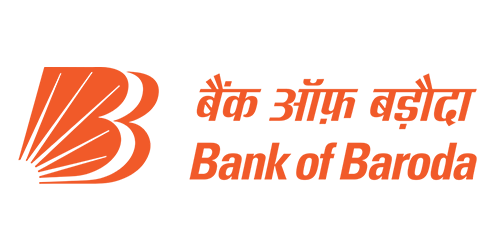


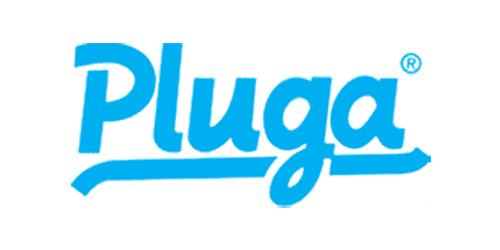
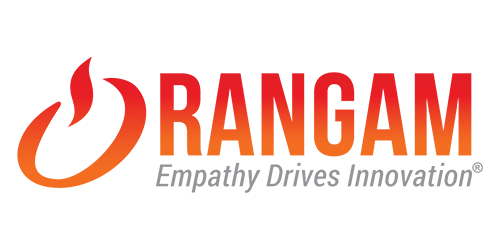

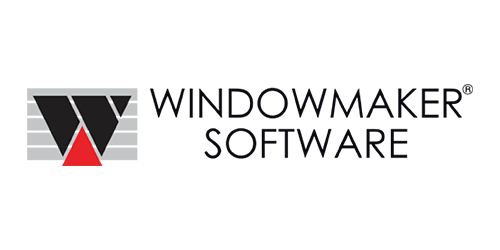


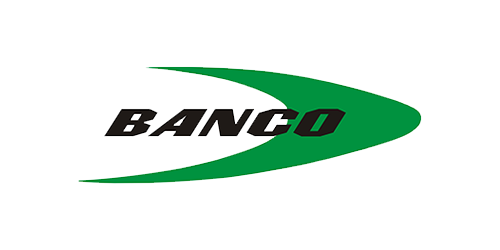
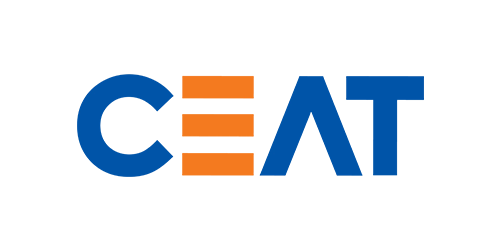




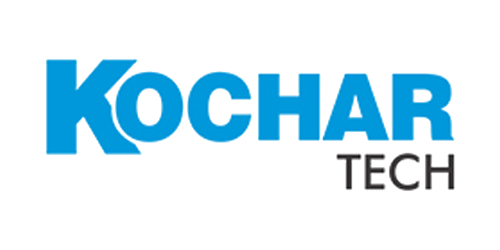
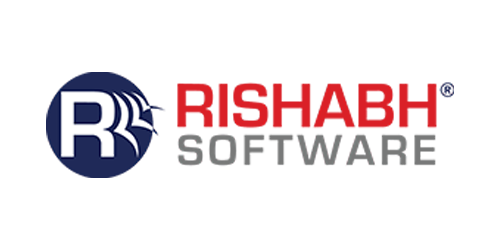

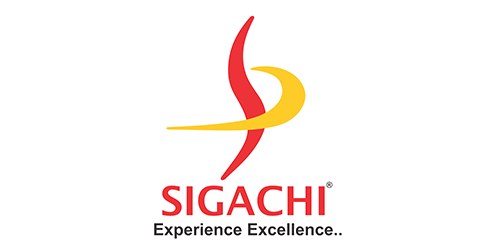
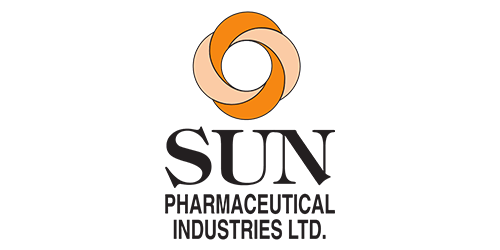
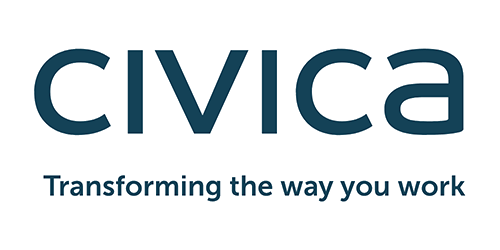



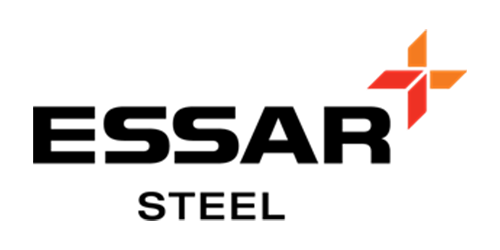


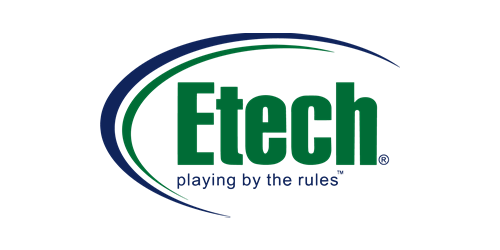
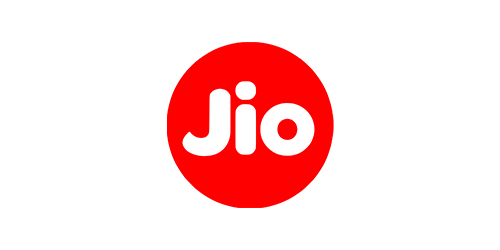
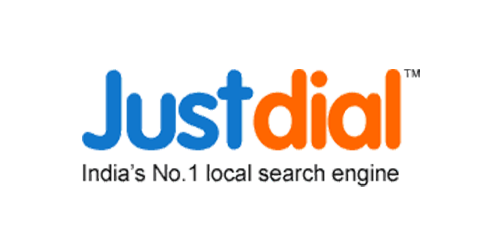
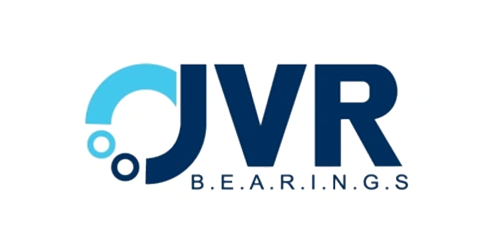



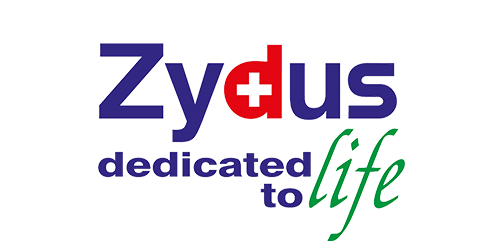

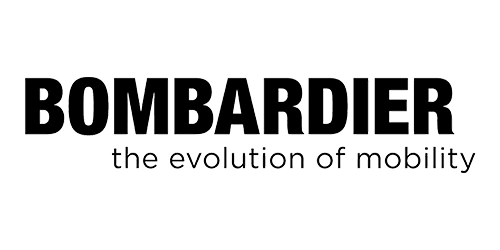

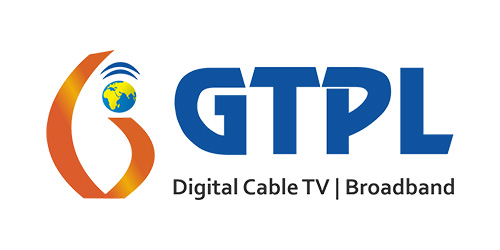
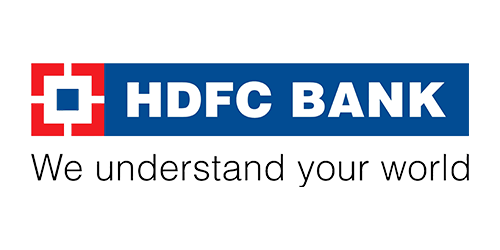
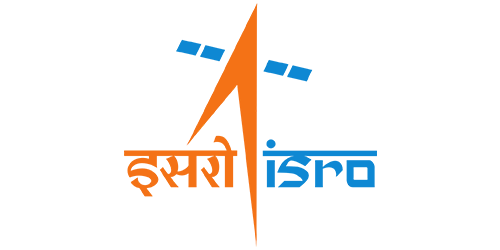
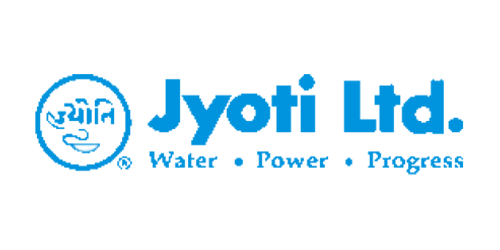


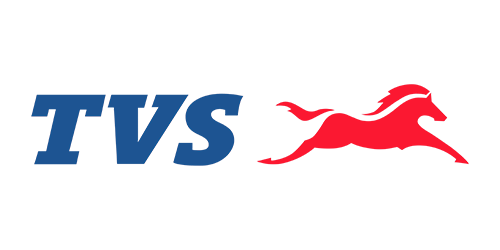




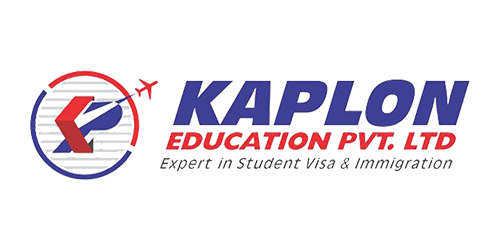
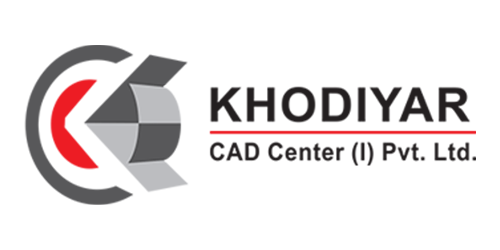

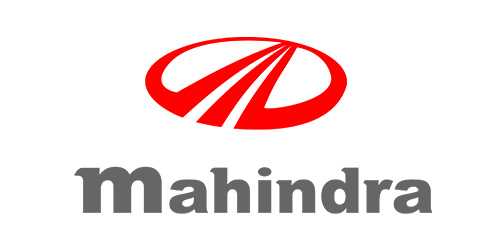

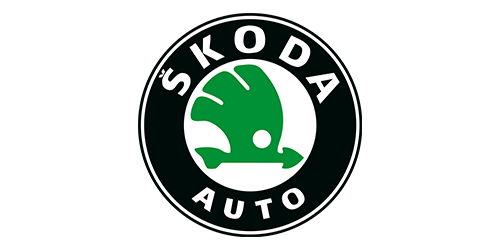
Blogs

SGPA vs CGPA Explained: Full Forms, Conversion Methods & Calculation Guide

Is CUET Mandatory for UG and PG Admissions?

Data Science vs. Data Analytics: Which Career Is Right for You?

Short-Term Online Courses After 12th: Best Options to Build Future-Ready Skills

MBA Admission Process at Sigma University: Step-by-Step Guide for 2025

Best Colleges for BBA in Gujarat: Fee Structures & Placements

From Interest to Industry: Mapping Your Passion to the Right Degree at Sigma University

